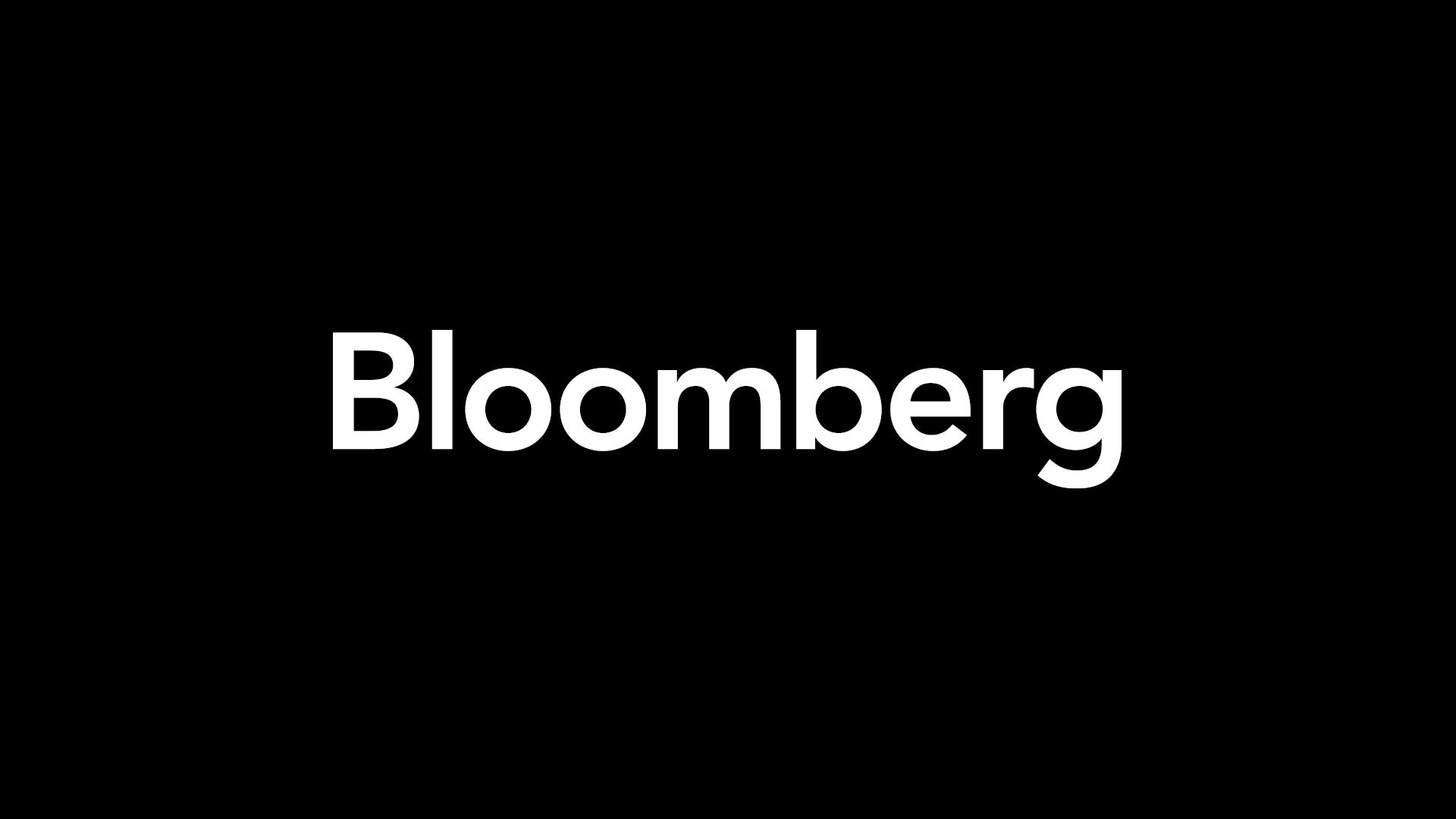Small business optimism in the US experienced a significant surge in November, reaching a more than three-year high. This surge is attributed to the anticipation of more favorable economic policies following Donald Trump’s return to the White House. The National Federation of Independent Business (NFIB) optimism index saw a record-breaking 8-point jump to 101.7, the highest level since June 2021. Conversely, the uncertainty gauge dropped 12 points after reaching a record high before the election.
Table Content:
Election Outcome Fuels Positive Sentiment
Bill Dunkelberg, NFIB chief economist, stated that the election results signal a significant shift in economic policy, fostering optimism among small business owners. Expectations are high for tax and regulatory reforms that promote economic growth and alleviate inflationary pressures.
Key Components Drive Optimism Surge
Nine out of ten components contributing to the overall index showed improvement in November. The most notable increase was a 41-point jump in the outlook for US business conditions, marking the largest monthly rise since 1986. This surge propelled the metric to a more than four-year high.
Fueled by anticipated changes in tax and regulatory policies under a second Trump administration, a net 14% of respondents believe it’s an opportune time to expand their operations. Furthermore, the net share of small business owners projecting higher sales reached its highest point since the onset of the pandemic, reversing a trend of weaker sales expectations that persisted throughout 2022.
Inflation and Labor Challenges Remain
 Chart displaying factors affecting small businesses
Chart displaying factors affecting small businesses
Despite the surge in optimism, inflation and labor quality remain significant concerns for small businesses. A net 28% of owners indicated plans to raise prices in the coming three months, the highest proportion since May. Although a net 18% intend to create new jobs in the next three months – a 3 percentage point increase from October – attracting qualified talent for open positions continues to be a challenge, with 48% reporting difficulty finding suitable applicants.
Survey Methodology
The NFIB survey, conducted through November 29th, gathered responses from 532 small business owners across the US, providing valuable insights into the prevailing sentiment and expectations within this crucial sector of the American economy. The significant surge in optimism following the election underscores the potential impact of anticipated policy changes on small business growth and investment.
The data suggests that while challenges persist, small businesses are entering a period of renewed confidence, driven by the prospect of a more favorable economic environment.


